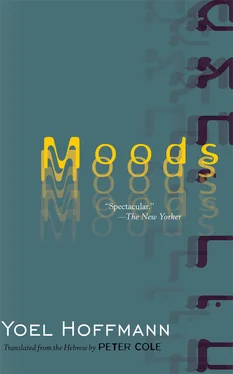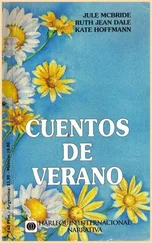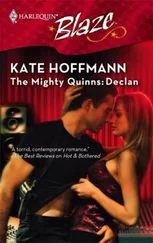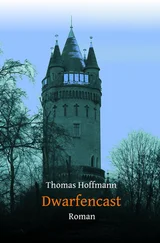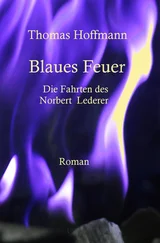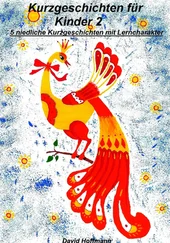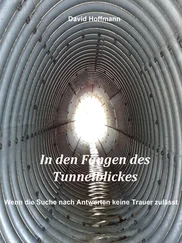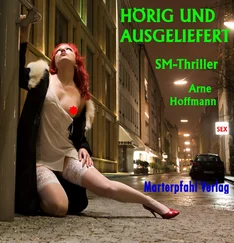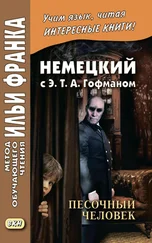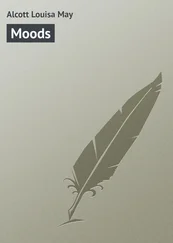And also the news. Or the anchor’s words: “First, the headlines.” What seems right are the icebergs in the Arctic Circle or silent films, even when they’re filled with war scenes.
Not that we don’t fight for human rights, like Shulamit Aloni in the Knesset or that Communist woman whose name now escapes us.
We do. And we don’t forget for a single second the five fingers on our hand. There could, after all, be six or seven.
[65]
And we don’t forget our shoes. Or the buttons on our sleeves. Or to breathe. This book treats all these things at all times, like a giant pair of bellows.
No one on the Left ever mentions Erzurum. Bless its residents. And the Yemenite villages (here and in Yemen). And the shopkeepers whom no one remembers, we remember.
And also Mr. Yaar, who sold shoes and because of some flaw deep in his throat made a tinny sound when he spoke. And the less-than-scrupulous taxi drivers. We haven’t heard anyone mentioning them.
[66]
And the moon. On the Right they take it for granted, and on the Left they take it apart.
No one takes into account that it has no light of its own, and like the proletariat, depends on the graces of a larger light, one that’s usually hidden.
And we always vote. Even when the polling station stinks of plucked chickens and seven or ten morose-looking poll workers are sitting at a long table.
We don’t understand why all this is here (and isn’t not here — which is to say, doesn’t exist). None of the parties admit it. Let alone the particulars, like bobby pins and a thousand bras.
[67]
We salute the readers who’ve come this far. In the meantime they and we (which is to say I) are walking on the earth’s surface like circus bears balancing on a ball. Thousands of policemen walk like this (that is, like circus bears) and don’t slip.
When we were little we thought about people in Australia and how their heads were upside down and yet they didn’t fall.
The earth in fact comes from a dream (we think, like Aborigines) and returns to a dream. And if we sing (that is, speak) correctly, we return it to where it had been before the creation of the cosmos. Including flies, excrement, etcetera.
[68]
Once a poet came to visit and my first wife (here it’s hard to speak in the plural) cooked a goose in his honor. We saw the poet’s fingernails and his teeth and remembered the painting by Hieronymus Bosch of a fish eating a fish that was eating a fish.
Sometimes (in India or Africa) a leopard attacks a poet and this is part of the natural order, since all things in the end are swallowed by larger things, though we don’t know who it is that swallows the world as a whole.
And so, one way or another, poems are written, and we too will now write a love poem to all the women reading this book:
A book you touch
Begins
Reading itself
[69]
Apropos love. In Ramat Gan (during the time of Mayor Krinitzi) a man named Kadoshkin walked from one end of Rav Kook Street, then the longest street in the country, to the other and back.
Kadoshkin held a cane in one hand and in the other he held a bottle. We don’t know if the bottle was full or empty but if it was full it held water or vodka, because it was always transparent.
He’d stop before a display window, holding the bottle against his body (come to think of it, it held vodka) and call to the object behind the glass (he’d say “kettle,” “shirt,” “chair,” etcetera).
During the winter the cane would become an umbrella, but the bottle remained a bottle. We believe that this man kept things in their proper place. And if he hadn’t called them by name, they couldn’t have maintained their form so precisely. And where would the Land of Israel be then?
[70]
We’re wondering if the word zarzif (drizzle) is onomatopoeic. That is, a word that makes the sound the thing makes. Bakbook (bottle), they say, does that.
Or pkak (cork). But not lavlav (pancreas). No one has yet heard the sound that organ makes. But parpar (butterfly) — yes. People with a heightened sense of hearing can hear this sound when butterflies flutter around them.
Mrs. Minoff, whom we’ve already mentioned (in chapter 13) spoke in onomatopoeia. She’d say, for instance, This gluk gluk or chin chin, and sometimes only Francesca my stepmother or Mrs. Shtiasny could follow her.
There were rumors that she’d slept with Mrs. Shtiasny’s Italian husband. But maybe she only slept next to him, and in any event this has nothing to do with onomatopoeia.
[71]
We’re trying to be humble, and modest. Even humor seems like a sin today. And we should, so to speak, erase ourselves so as to see only another. His birth. His childhood. His life.
We realize that these words don’t amount to what’s usually called belles lettres. If there were a bank where one could exchange literary currency for the currency of life we’d go there and ask for the latter, even if it cost us greatly.
And we’d go to the florist and buy a large bouquet of wildflowers for the woman who loves us (and pay for these with that currency) or stand in the kitchen where she usually stands and make lunch.
[72]
In December we’re exiled to chillier regions and see death in action.
There my father (Andreas Avraham) hides from Francesca, my stepmother, records he bought because the money he receives (in transparent bills) isn’t enough for her.
The music he listens to consists of a single sound, like the straight line on the monitor when the heart stops beating. The scent of eternity is like that of goulash. Everything’s frozen over. Jokes one tells are revealed in full like that famous rainbow arched through a cloud. Each season extends to infinity. You stand there, and the streets run on beneath you. Women lie down forever. A faint soft sound like the fur of a foal (of a donkey) wafts through the air, and the colors are all pastel.
[73]
But sometimes the dead remain on the surface of the earth, like those we saw in Dublin, in the basement of St. Michan’s Church.
There was a crusader there who died over six hundred years ago. He was large, and they sawed off his feet so he would fit into the coffin. And there was a thief who’d had his hands hacked off because he’d used them to steal, and his feet chopped off because he’d fled. And a nun who died at a ripe old age and whose tiny fingernails were preserved, as though she were still alive. And two brothers who rebelled against the British and were hanged, and their bodies, miraculously, didn’t decompose at all until live Irishmen came and laid flowers at their heads and something wafting up from them (the flowers) made the men decompose.
Generally speaking. The world is full of miracles. How fingernails grow and hair gets long and we clip them both. How doors are slammed. And how the River Liffey, which cuts Dublin in two, runs on and on.
[74]
At times we’re reminded of the future. How we’ll sit by a window and see a mountain’s silhouette. And we’ll turn our head toward the room and see the silhouette of a man. We remember the scent of the morning papers during the twenties (of the twenty-first century).
We know this scrambling of time will cost us. We’ll sink into a dark mood and, maybe, during the middle of the month see the moon when it’s full. That great big pill of Prozac.
We’ve already talked of the woman psychoanalyst, but we haven’t yet told our readers that once we saw a male analyst as well. Mostly we remember two things. The waiting room and that he was mortal.
If we could make a request of the readers we’d ask that they send us (c/o this book’s publisher) all the words of the song that begins: “Five years passed for Mikha’el / While he danced away / He had no work he had to do / And he was free to play. .”
Читать дальше
